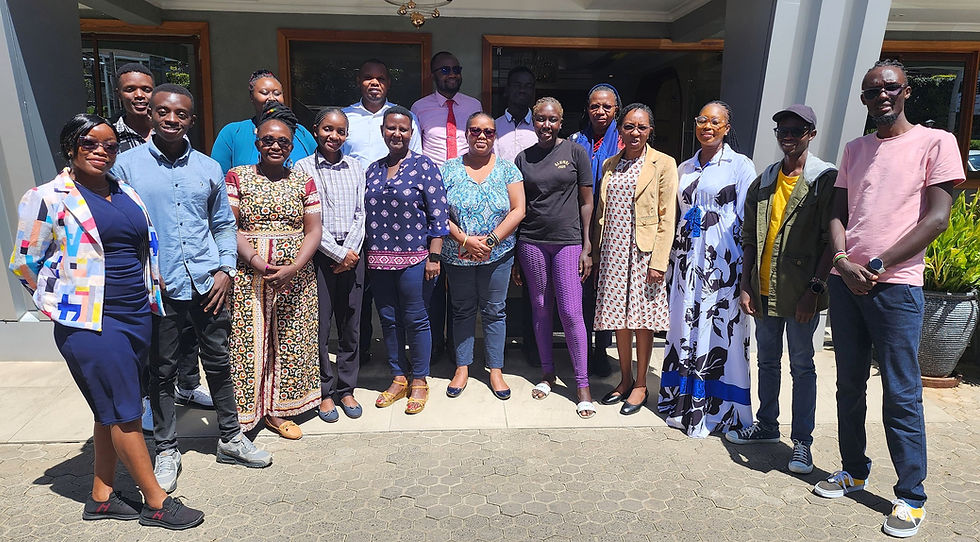Peer support bears fruit
- info865664
- Jun 27, 2025
- 1 min read
During my time in boarding school, I would take ARV drug 'holidays' and then double-dose to finish the bottle before my mother discovered that I was not adhering to my ART treatment when I got home.
Disclosed Zippy, an adolescent living with HIV in Kenya.
Peer support plays a critical role in promoting adherence to antiretroviral therapy (ARVs), especially among people living with HIV. Individuals who receive support from peers—others who have shared similar experiences—are more likely to stay motivated, overcome stigma, and manage the emotional and practical challenges of long-term treatment.

Peers encourage, share coping strategies, and offer firsthand insight into the benefits of consistent ARV use, making the treatment journey feel less isolating. This kind of support fosters trust, improves self-efficacy, and reinforces the importance of adherence, ultimately leading to better health outcomes and reduced risk of viral resistance or transmission.
Zippy said peer support is what encouraged her to start adhering to treatment. She said this during a THRIVE Project sensitization training for facility staff and the community on Advanced HIV Disease, in Nairobi County. The training was held on June 10, 2025.




Comments